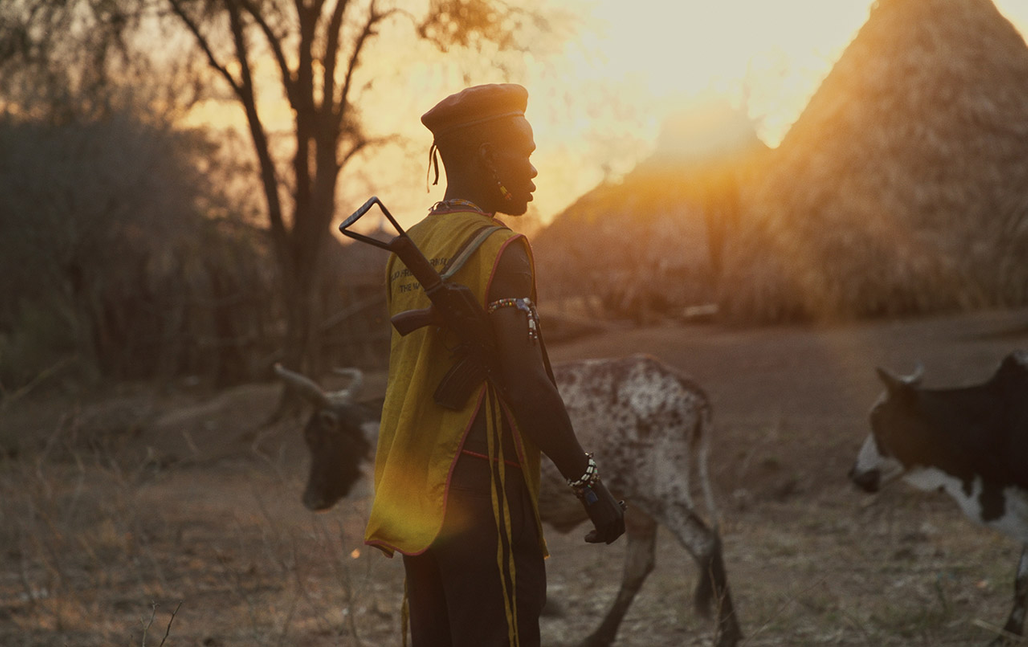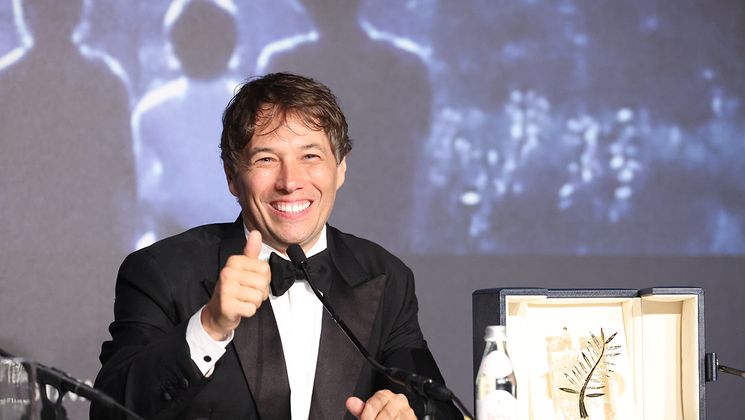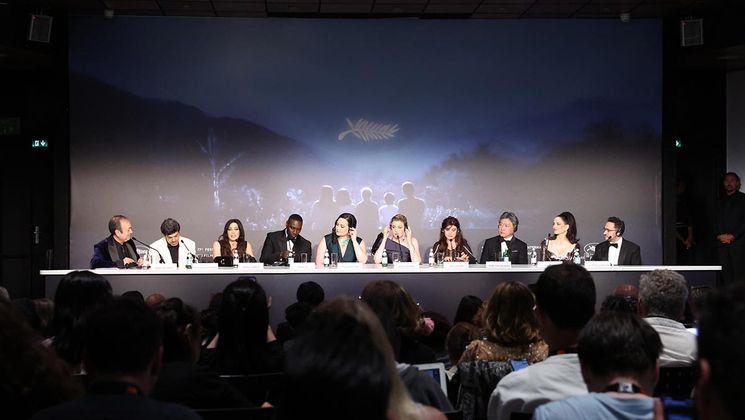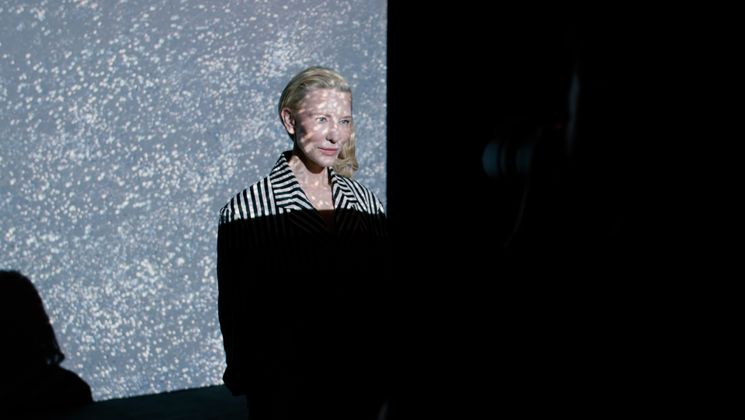
For The Sake of Peace: interview with Christophe Castagne and Thomas Sametin

Since its creation in 2011, South Sudan has been ravaged by civil war. For all that, there are ardent believers in peace between the different peoples that make up the country. For The Sake of Peace follows two peace activists from the "Whitaker Peace & Development Initiative": Nandege, a courageous mediator, and Gatjang, a football referee in a refugee camp. An encounter with Christophe Castagne and Thomas Sametin, directors of this film produced by Forest Whitaker, winner of a Palme d'honneur, due in large part to his engagement.
What was your meeting with Forest Whitaker like?
Thomas: We had already worked together on short documentaries for the Whitaker Peace & Development Initiative. Christophe was with me in Mexico and in South Sudan in 2015, before shooting For The Sake of Peace.
Christophe: Forest is really engaged, he's not just there to be in the photo, he was very present. He's an immense actor and a great man.
Why did you choose South Sudan?
Thomas: It's one of the most violent countries in the world, there's permanent tension. Carrying out a programme there made sense because the situation down there is very difficult.
Christophe: The state of disrepair of the country is staggering. The people are weighed down. There isn't this joie de vivre that you can sometimes among certain people despite their poverty. Sadness is everywhere. It's a country that waged war to gain its independence for half a century, and now for almost ten years has been shaken by civil war.
How did you choose the people in the film, Nandege and Gatjang ?
Thomas: We had already met Nandege, she's an impressive girl with a strong character, very courageous. For Gatjang, we wanted to meet someone in the refugee camps who symbolised peace. We were introduced to football referees, which had a symbolic meaning. And then Gatjang was the tallest and funniest.
What struck you the most?
Thomas: Everything is striking, frankly, in a country torn apart by civil war. People are dying of hunger, war is all around.
Christophe: What struck me the most was a person who's rather central to the story, Komol. In fact, he's an actual killer. He's very intelligent, he understood the stakes in making peace. He fascinated me. He's someone who, certainly, is frightening but at the same time he also ensured our safety.
What rules did you set yourselves for the shooting of this film?
Thomas: The main intention was not to do interviews. Forest was behind that. He doesn't like it. Instead, we immersed ourselves, shot sequences.
Christophe: Narration through dialogues is difficult, especially when you don't speak the languages, which differed depending on where we were shooting. We initiated themes and filmed the conversations. Shoots were long. Then we had to translate all that little by little, which was a very difficult exercise. In any case, I really want to go back to this magnificent country where I met incredible people.


